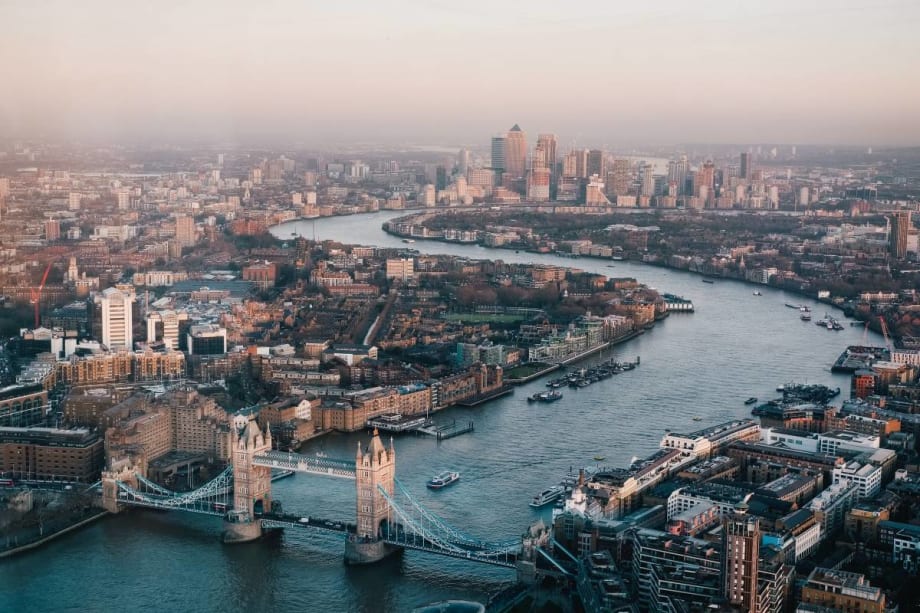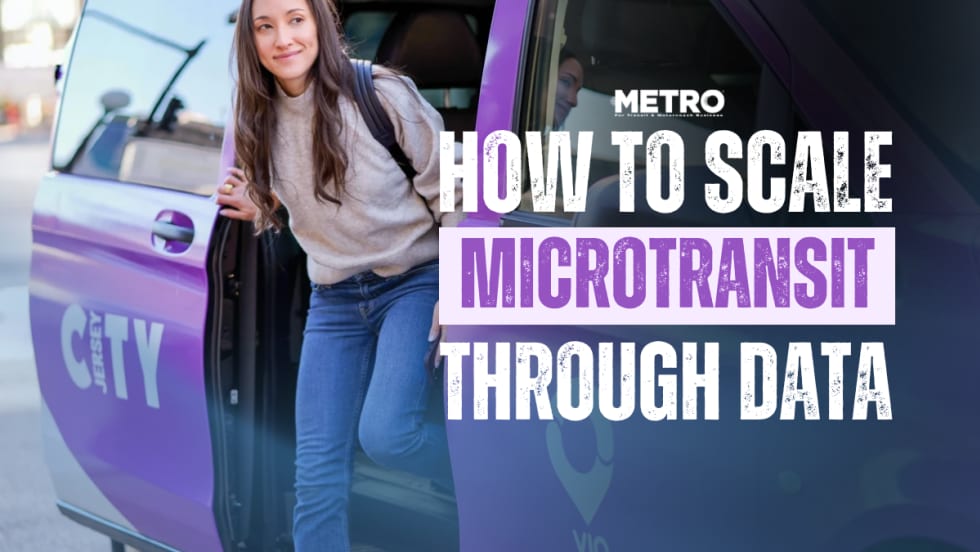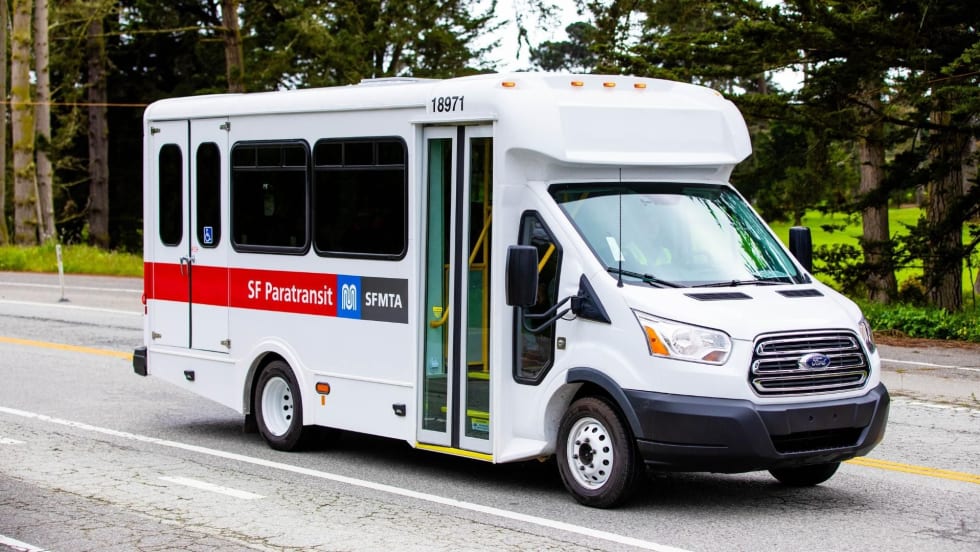Transport for London's (TfL) new data shows that long-term trends in who cycles have changed, with participation much more representative of Londoners in 2020-21 than previous years.
According to the data, Londoners from Black, Asian, and minority ethnic communities were not significantly less likely to have cycled over the past 12 months than white Londoners. The data shows 27% as a whole had cycled over the past 12 months, compared to 24% of Black people, 25% of Asian people, and 31% of people from mixed backgrounds.
This data comes from independent research for TFL based on a representative sample of 3,500 Londoners.
"London is one of the most diverse cities in the world and that should be reflected in all areas — including how Londoners get around the capital," said Sadiq Khan, mayor of London. "Making it easier for Londoners to walk and cycle is an important part of our recovery from the pandemic. It's really encouraging to see that many more Black, Asian and minority ethnic Londoners are now cycling, and that twenty percent of non-cyclists also looking to take it up. But we are not complacent — the report shows concerns from groups including disabled Londoners that are preventing them from cycling, and we will continue to work with communities to break down these barriers and help ensure everyone feels confident to travel around the city by bike."
The research also found that half of Black and Asian non-cyclists (49% and 46% respectively) are open to starting to cycle.
The data shows concerns around safety on the road and cycle theft, with 82% of non-cyclists worried about road safety and collisions. Personal safety was a bigger concern for women, Asian, and mixed ethnicity Londoners, with 73% of women citing it as a concern.
"Cycling brings huge benefits for individuals, and for the places where we live and work — improved physical and mental health, better air quality, less traffic congestion and fewer CO2 emissions," said Danielle Every, British Cycling's delivery director. "Yet in London there's a real divide between those who are able to jump on a bike and enjoy these benefits, and those that can't. But the good news is that TfL's research shows that people in London's diverse communities are keener than ever to get cycling."
The research found concerns from disabled Londoners who want to cycle more, including lack of fitness and a lack of relevant role models as 42% of disabled non-cyclists said they didn't see anybody like them cycling and 75% had concerns that they weren't fit enough.
TfL says it will use the data and recommendations from the report to ensure that investment continues to be targeted at breaking down barriers to participation.













